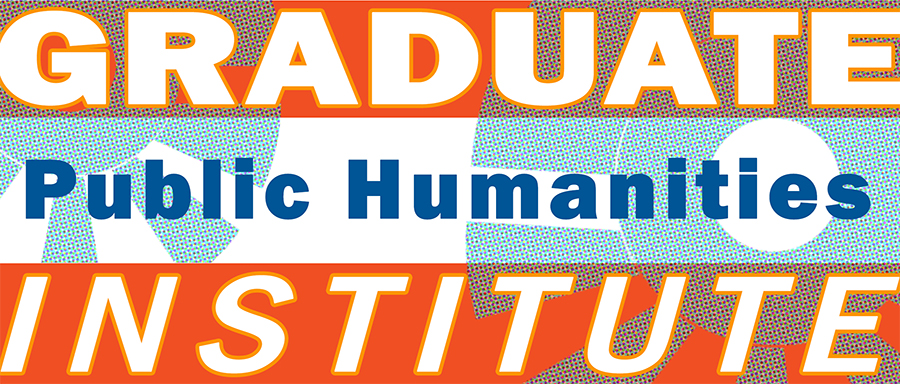
February 24–March 25, 2021
The public humanities strive to reach broad audiences and diverse communities to enhance cultural and civic life through inclusivity, accessibility, interdisciplinarity, and collaboration. The Center for the Humanities and the Public Sphere’s first Graduate Public Humanities Institute is a month-long series of virtual workshops and events introducing the methods, formats, and opportunities of the publicly engaged humanities. From writing op-eds, to curating exhibitions, to producing podcasts, workshops and talks will emphasize the public humanities as active practice and evolving process. Graduate students will explore publicly engaged research, teaching, writing, preservation, and programming to learn about a range of career pathways from professionals who are currently applying their advanced humanities degrees across various fields.
Graduate students who attended at least four sessions of the Graduate Public Humanities Institute received a Certificate of Participation at the conclusion of the Institute.
The 2021 Graduate Public Humanities Institute has been generously cosponsored by the Hyatt and Cici Brown Professor of Florida Archaeology (Kenneth E. Sassaman), the Rothman Family Chair in the Humanities (Jack Davis), the UF Chief Diversity Officer, the College of Liberal Arts and Sciences, and the Graduate School.
View event for specific date:
Feb. 24 | Feb. 27 | Mar. 10 | Mar. 18 | Mar. 20 | Mar. 25 | Nov. 17
Program Schedule
Wednesday, February 24, 4-5pm
National Humanities Center Winter Virtual Residencies: Ph.D. Student Share Out
Panelists
Brianna Anderson (Ph.D. Candidate, English) : “Rethinking Participation in the Virtual Classroom”
Timothy Blanton (Ph.D. Candidate, History): “Three Lessons from the National Humanities Center’s Graduate Student Winter Residency”
Min Ji Kang (Ph.D. Candidate, English): “Reaching Through the Screen: Humanizing Online Interactions”
Cristovão Nwachukwu (Ph.D. Candidate, English): “From the Margins to the Center: Bringing Art, Activism, and Communal Practices into the Classroom”
Laken Brooks (Ph.D. Candidate, English): “That’s All, Folk(lore): Using Podcasts to Blend Storytelling with Research”
The National Humanities Center (NHC) hosts one-week themed residencies and institutes that focus on practical teaching, research, and professionalization skills. With the support from the Center for the Humanities and the Public Sphere, Ph.D. students in UF’s College of Liberal Arts and Sciences attended the NHC Virtual Winter 2020 Workshops. In this panel, the fellows will share their experiences at the two programs: How to Create Meaningful Online Learning Communities and Podcasting the Humanities: Creating Digital Stories for the Public. Fellows will speak about their experiences attending the virtual workshops, leaving ample time for questions and discussion.
Saturday, February 27, 9:30-11am
Going Public! Engaging Broader Publics through Writing and Social Media
Workshop leader
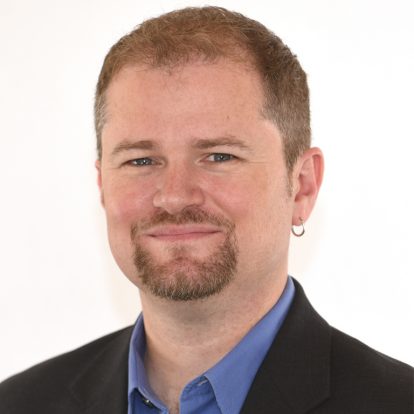
Dr. David M. Perry (History Advisor, University of Minnesota and freelance journalist)
How does working with the public fit into academic life in the year 2021? This active learning workshop (bring your ideas!) will engage this timely topic across platforms and professional issues.
Central questions to be addressed include:
- How do we connect formal scholarly writing with publicly-facing work?
- How do you get magazines and newspapers to publish your ideas?
- Can social media help advance your career formally or informally, and what are the risks, obstacles, advantages, and opportunities of doing so?
- How do you deal with trolls and how can you teach your academic institutions to help?How might you use Twitter, Instagram, Tik-Tok, Facebook, blogging platforms, and op-ed writing to support your professional, scholarly, and pedagogical goals?
Wednesday, March 10, 4-5pm
New Directions in Digital Humanities and Educational Technologies
Speakers
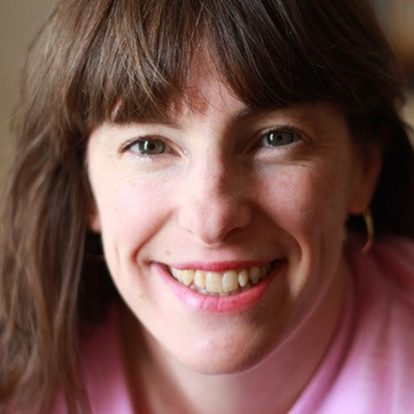
Dr. Emily Pugh (Digital Humanities Specialist, The Getty Research Institute)
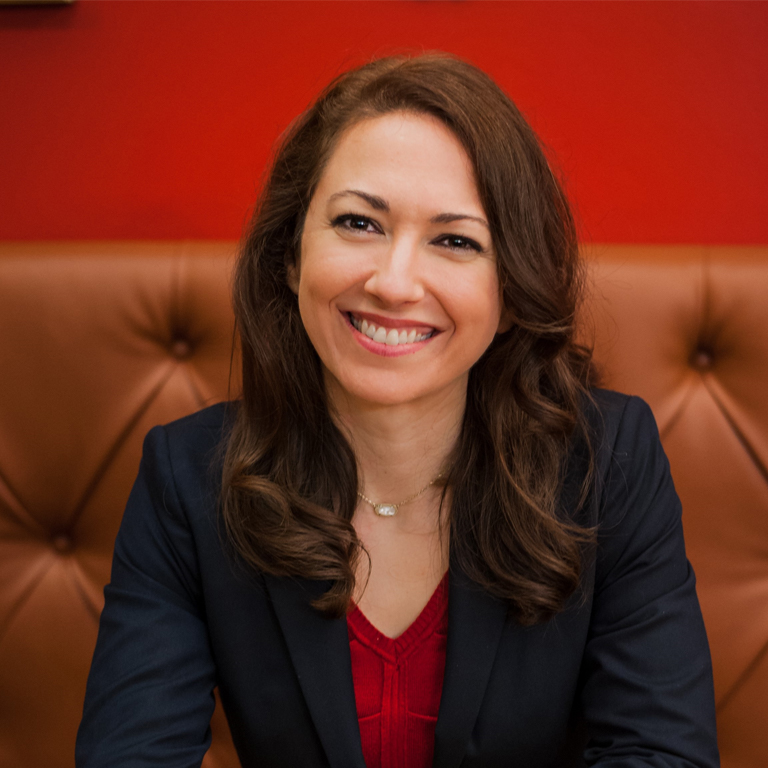
Dr. Anne-Marie Womack (Professor of Practice and Director of Writing, Tulane University)
Moderator
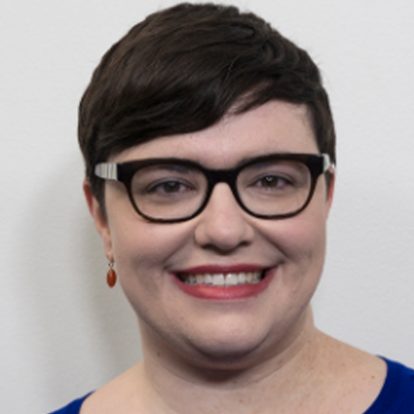
Perry Collins, MLIS, MA (Copyright & Open Educational Resources Librarian, University of Florida)
Digital technologies open up exciting opportunities for new modes of teaching and research in the humanities and humanistic social sciences. This session hosts a conversation exploring the public humanities in the digital sphere with Dr. Emily Pugh (Digital Humanities Specialist, The Getty Research Institute) and Dr. Anne-Marie Womack (Professor of Practice and Director of Writing, Tulane University; creator of AccessibleSyllabus.com). Panelists will address topics such as how digital technologies are utilized to reach and teach broader audiences, expand archival collections, and enrich research initiatives. The conversation will be moderated by Perry Collins, MLIS, MA; Copyright & Open Educational Resources Librarian, University of Florida.
Thursday, March 18, 4-5pm
Exploring Public History and Florida Preservation with UF Alumni
Panelists
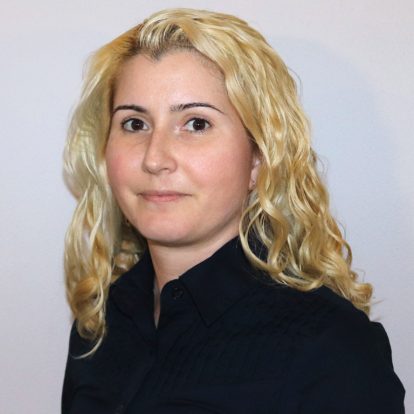
Diana González-Tennant, MA, RPA (Project Manager & Owner, Digital Heritage Interactive, LLC, FL)
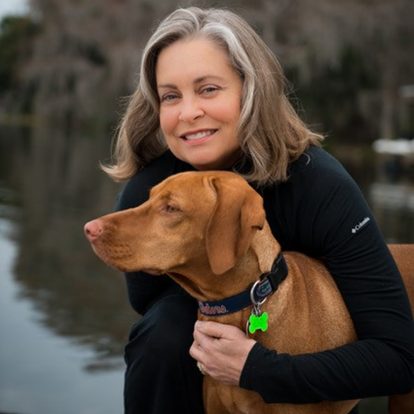
Dr. Leslie Kemp Poole (Assistant Professor, Environmental Studies Department, Rollins College, FL)
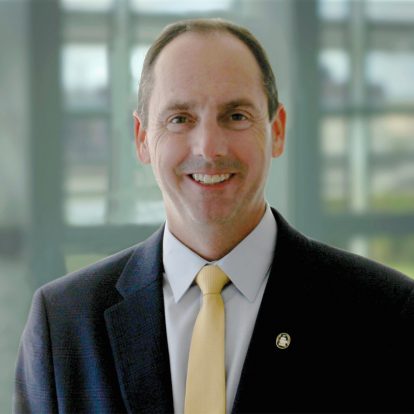
Dr. Brad Massey (Saunders Foundation Curator of Public History, Tampa Bay History Center, FL)
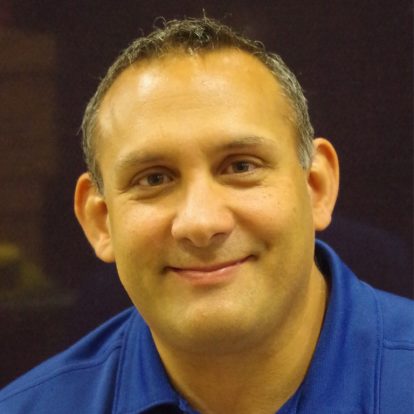
Dr. Daniel Simone (Curator, NASCAR Hall of Fame, NC)
Moderator
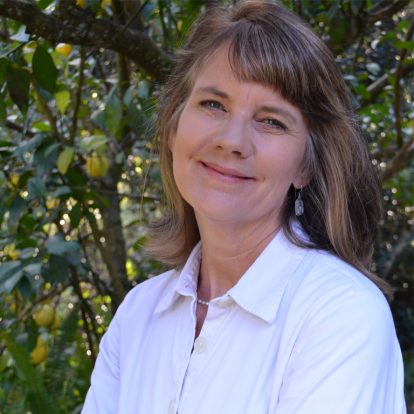
Cynthia Barnett (Environmental Journalist in Residence, UF College of Journalism and Communications)
Join UF alumni with advanced degrees from the College of Liberal Arts and Sciences for a lively discussion on how the public and digital humanities intersect with historical, archaeological, environmental, and cultural preservation efforts in Florida and the greater Southeast. Students will have the opportunity to learn about publicly engaged projects, formats, and career paths from practicing professionals across a range of roles and sectors.
Saturday, March 20, 11am-2pm
11am-12pm: Podcasting as Public Scholarship Workshop; 1-2pm: Consultation Sessions
Workshop leaders
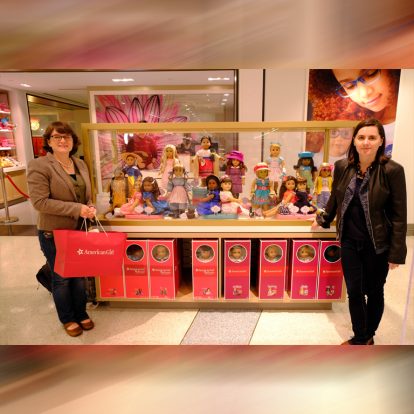
Dr. Allison Horrocks and Dr. Mary Mahoney (Creators of the American Girls Podcast).
In this workshop, Dr. Allison Horrocks and Dr. Mary Mahoney will lead participants through the process of creating a podcast as a work of public humanities. Using their own experiences as a guide, they will help participants workshop a concept–t from an initial idea, to production, testing, and publication. No experience required, and no set concept needed. In their presentation, Horrocks and Mahoney will demonstrate how podcasting offers an accessible and meaningful way to connect with the public and share research in the humanities. They will also be available for one-on-one consulting later in the day for graduate students who want to discuss specific ideas, workshop elements of a show already in production, or talk about how to start an idea from scratch for a podcast.
Thursday, March 25, 4-5pm
Reimagining Humanities Graduate Education: Expansive, Inclusive, Engaged
Keynote Speaker
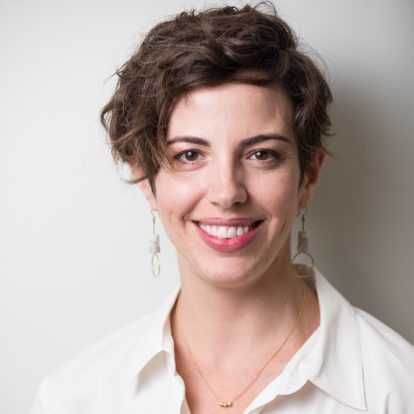
Dr. Katina Rogers (Co-Director, The Futures Initiative, The Graduate Center, City University of New York)
Join Dr. Katina Rogers, author of Putting the Humanities PhD to Work: Thriving In and Beyond the Classroom (Duke University Press, 2020) for a candid conversation on the present and future of humanities graduate training as a valuable public good. Timely topics to be addressed include the role of humanities inquiry in the COVID pandemic, engaged modes of scholarly communication, diversity and inclusivity in higher education, academic labor practices, as well as an opportunity for Q&A for practical career advice.
From CV to Resume: How to translate your academic education and work for diverse career paths
November 17 @ 4:00pm – 5:30 pm
Library West, Scott Nygren Scholars Studio
This interactive workshop will help you tailor your resume to effectively communicate your academic skills and experience. It will provide step-by-step processes, as well as target common terms used in a variety of jobs, for creating an effective resume. The goal is to have your resume ready to use at the end of the session.

By attending this session, you will:
- Identify the core components of an effective resume
- Translate your research, teaching, and other experiences into resume format
- Identify and apply best practices for organizing your resume and writing resume bullet points
- Understand how to connect your resume to a specific job ad and tell your story effectively
- Identify next steps for improving your resume
This workshop is open to PhD students in the humanities departments. Registration required by November 10th, 2022, 5PM, as seats are limited. Register here.